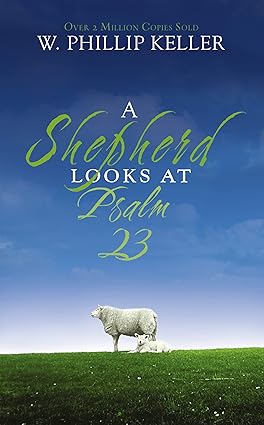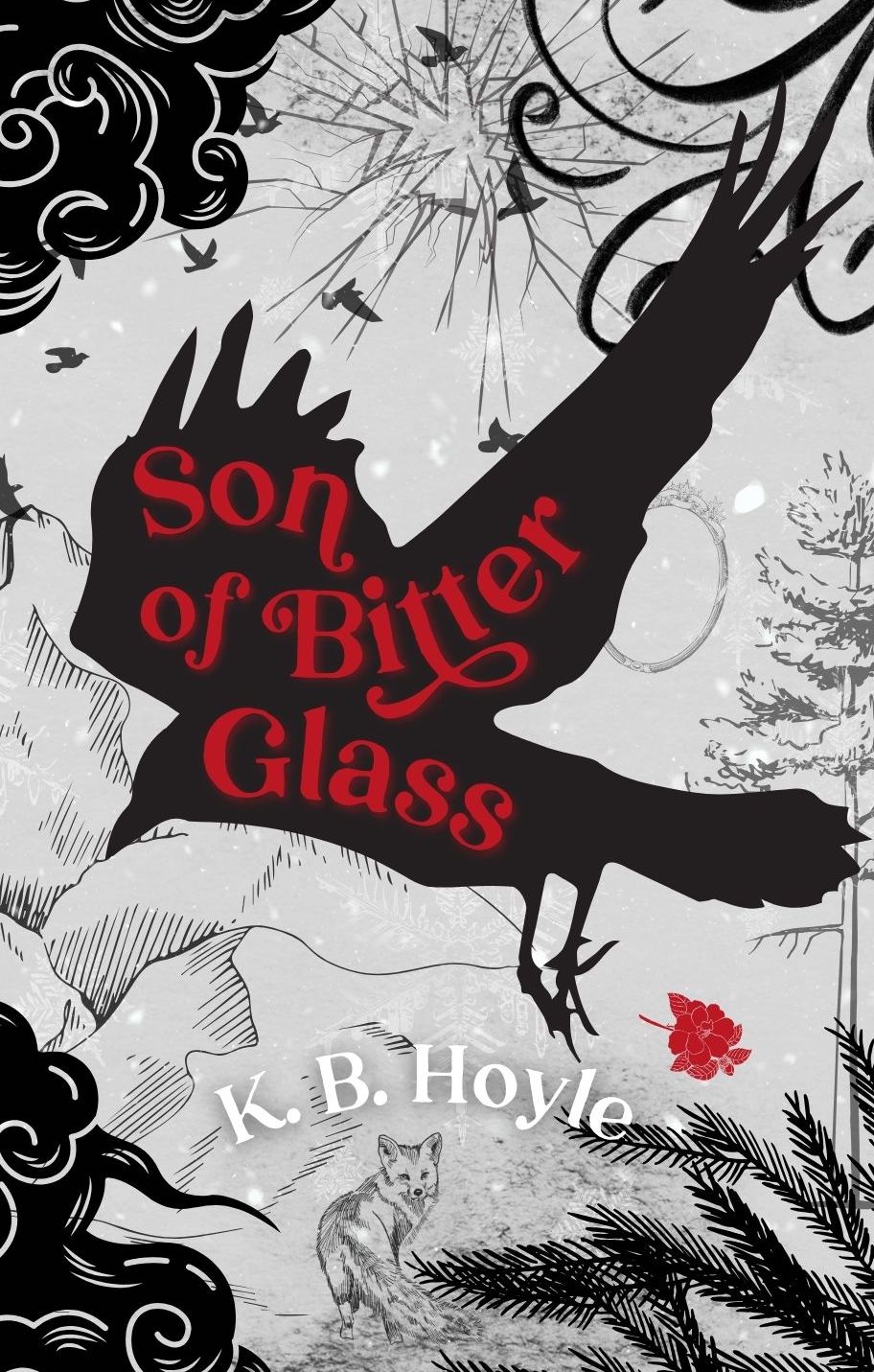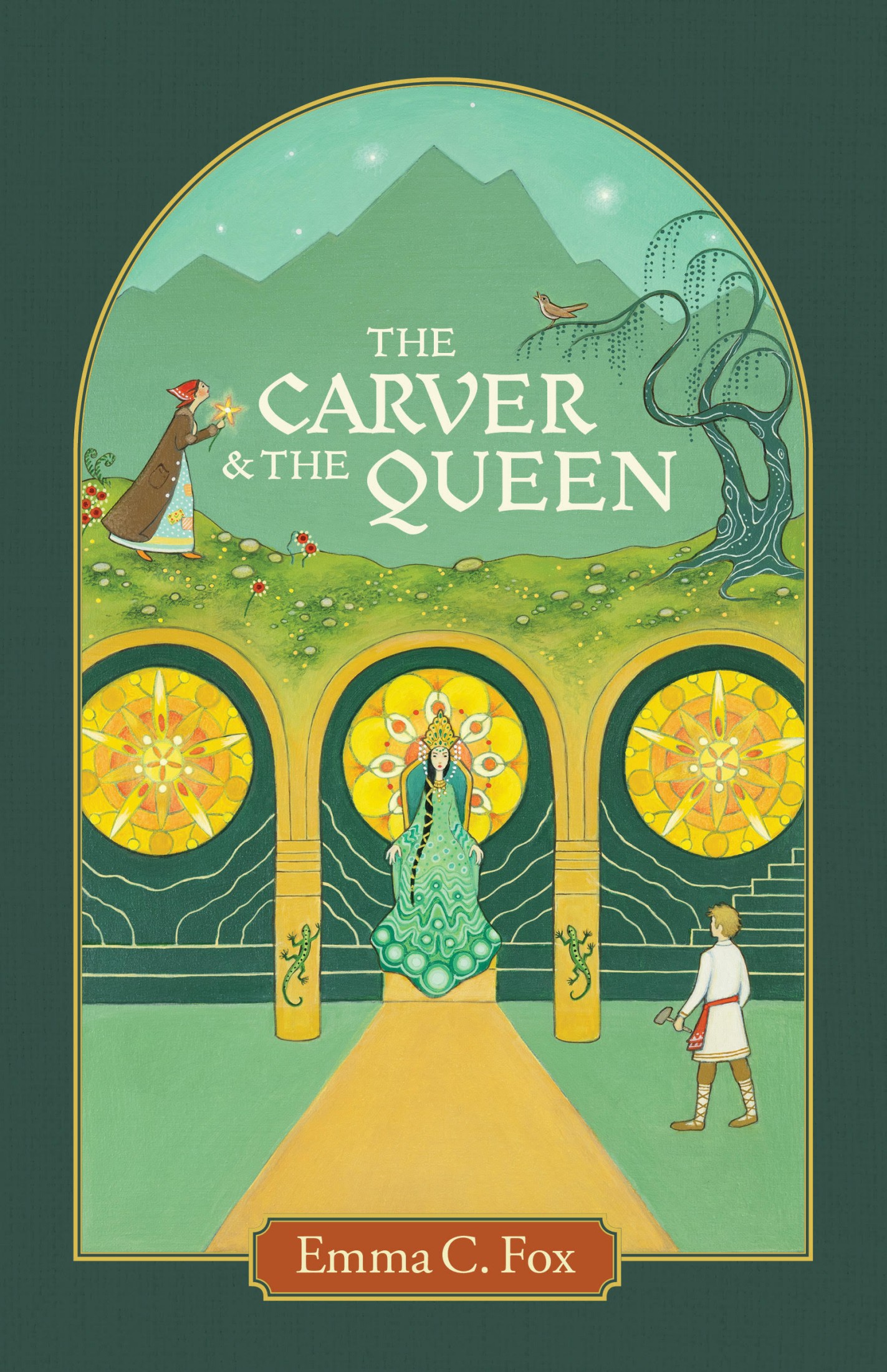
I can’t believe you had so much fun being young. I just want to be old and rich and smell like butterscotch.
Maggie Mayfield
The Meaning of Maggie by Megan Jean Sovern
It took me awhile to realize why I had a sense of deja vu while reading this book. It’s a junior fiction novel, geared towards 10-12 year old girls. It felt . . . skeptical, pessimistic, overly mature, and (dare I say it) profane. I don’t know any eleven year old girls who could relate very well to Maggie. Besides that, the “kid genius” trope has gotten a little old for me. Perhaps I’m just picky . . .
I’ve read (part of) another book that gave me the same feeling as The Meaning of Maggie. I included it in my blog “Books I Regret Reading”. Any guesses?
That’s right – The Princess Diaries.
Meg Cabot’s book can be found in the YA (young adult) section of the library, while Megan Jean Sovern’s is located in the JF (junior fiction). I was intrigued by the similarities in tone these two women have in their books.
In looking over Goodreads, I found lots of shining 5-star reviews of The Meaning of Maggie, despite what I perceived to be a cynical tone. Keep reading to see my less than 5-star review. 🙂
Summary
Beep. Beep. Beep.
Maggie has a super cool Dad. Really super cool. But he can’t feel his legs at all anymore. They’ve “fallen asleep”. Maggie recalls the past year, with its ups and downs, trials and tribulations, joys and excitements.
She’s got a new journal, and it’s never too early to start an auto-biography. As she leads us through her insane year, we see the slow downturn in her Dad’s health, her mother returning to work, her sisters learning hard responsibilities, and Maggie herself experiencing what happens when we feel life is out of control.
But we’ve got to be brave. Even when the barrel runs empty.
Beep. Beep. Beep.
To Read or Not to Read
I judged this book by it’s cover. Sure the synopsis wasn’t too catchy, but the cover piqued my interest. The title may or may not have inspired me as well . . . But whatever the reason for picking up the book, my confidence in a good story was not well founded.
I could say that I’m disappointed. I was disappointed with books like The Paris Library and The Lost and Found Bookshop, but The Meaning of Maggie concerns me way more than the others do. Why? Take a minute to consider the audience.
Adult fiction ranges so far in content and genre that I am not highly concerned when I come across a vulgar, crude, inappropriate novel. Of course, I will never read the book again or stop reading it in the middle altogether; however, I can’t expect masses of clean fiction from a world that can’t keep it’s mouth shut or it’s pants on.
Junior fiction exudes an air of innocence. At least, it’s supposed to. It did when I was a kid. But now? I’m shocked to find books like The Meaning of Maggie within the junior shelves.
Here’s why:
- Language – God (8), gawd (1), hell (10), h-e double hockey sticks (2), OMG (1), bad*ss (1)
- Play on words – Jesus and Hey Zeus
- A couple cocktails mentioned and subsequently whipped up
- Bra size and unmentionables, s-e-x, make out sessions, dirty dancing, French kissing – all mentioned at least in passing, with one scene suggesting Maggie’s sister might be having sex on the couch
Maggie Mayfield, the main protagonist, is only eleven years old. I know the school system is insane these days, but that’s no excuse for this kind of content for this age. I knew none of these things at age eleven!
Not only that, but at age eleven, I read (almost exclusively) innocent, whimsical, care-free adventures. I knew nothing of the cynical world of disbelief, pride, and bitterness that seems to saturate The Meaning of Maggie. These topics simply did not permeate the children’s literature that I was immersed in.
Our children must deal with the ugly world quickly enough, no need to bring it along sooner with the books that they read. Instead, let us promote classic literature such as The Secret Garden or The Black Stallion. Other books such as Inkheart or Because of Winn Dixie are equally enthralling for younger audiences.
In short, children don’t think like adults, even though they want to be adults. Let’s allow them to roam the wide world as children for as long as they can, and keep walking past those shelves in the library that hold books like what Megan Jean Sovern has tried to hand to us.
Have a happy Monday, and go read a good book! 🙂
![]()



